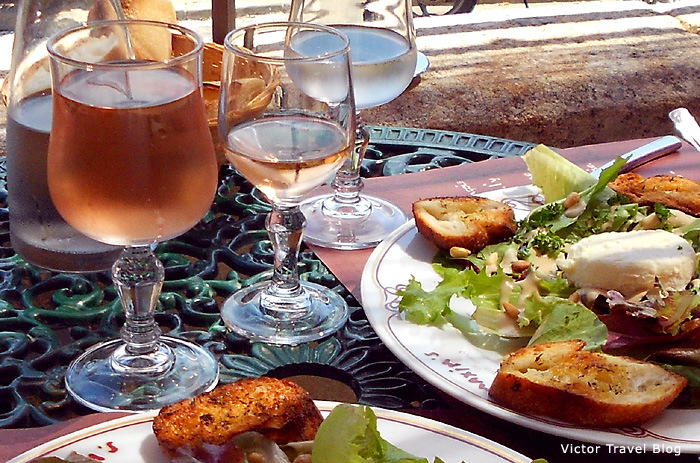(by Jon Larmee)
Thursday afternoon, as the one week mark of dine-in service in Louisville approached, False Idol Independent Brewers announced it would temporarily shut down after an employee tested positive for COVID-19. The transparency with which the situation was handled should serve as a model for other businesses who find themselves in a similar predicament.
This news brings one of last week’s questions back to the forefront. The question of “how long will this go on?” has evolved to, “how long can this go on?”
With PPP money set to run out in a matter of weeks and no word on how long the mandated 33% dining room capacities will last, restaurateurs have to determine if stifled sales are enough to justify dine-in service. The math is especially worrisome for restaurants whose business plan counted on (and accounted for) filling a large dining room.
Once the financial dimension is considered, there’s an even trickier one waiting: taking care of people.
“It’s irresponsible as hell,” owner Joe Kelly said about the prospect of reopening for dine-in service at FDKY. Like most barbecue joints, the J-town spot provides counter service complete with soda fountains and other self-serve accoutrements. The slew of changes needed to make the dining room safe would make it markedly different from what it’s meant to be; something that’s less hospitable.
“I can’t tell you how much I miss talking to strangers about barbecue,” Kelly says about the joy of table touching, “… but we gotta take care of our people.” By his people, Kelly meant employees and guests.
FDKY isn’t alone in keeping dining rooms closed. Bistro Le Relais, Boujie Biscuit, Coal’s Artisan Pizza, District 6 and Passtime Fish House have all opted for al fresco dining service. Despite the logistical limitations of outdoor space at these eateries — especially compared to expansive outdoor space at Captain’s Quarters or River House — the decision is smart.
In terms of health, dining outdoors with appropriate spacing isn’t as risky as enclosed spaces. In terms of finances, setting fewer tables indoors means less volatility. That’s because while having more tables available doesn’t guarantee there will be guests to fill them, it does require having a certain amount of staff on hand to serve them if they do.
Still, even with all this in mind, there is yet another consideration to take: service workers’ mental health. Always a tough topic among insiders, concerns about the employees’ anxiety and how to manage stress during this pandemic have been written about extensively elsewhere.
But so long as there are diners, there will be restaurateurs driven to serve them to the best of their ability. And so long as the pandemic continues, they will do so under more difficult circumstances than ever.
Since March my personal motto has been “Anything to get everyone through.” I’ve found in the past months that the most help we can be is to be patient, kind and generous. I hope you’ll join me.
Cover photo credit: Food & Wine: Lithuania’s Capital City Is Seating Mannequins at Empty Restaurant Tables.
Jon Larmee’s view from the line last week at Food & Dining Magazine:
Thoughts on RK-Day — or, restaurant reopening day in Kentucky
























